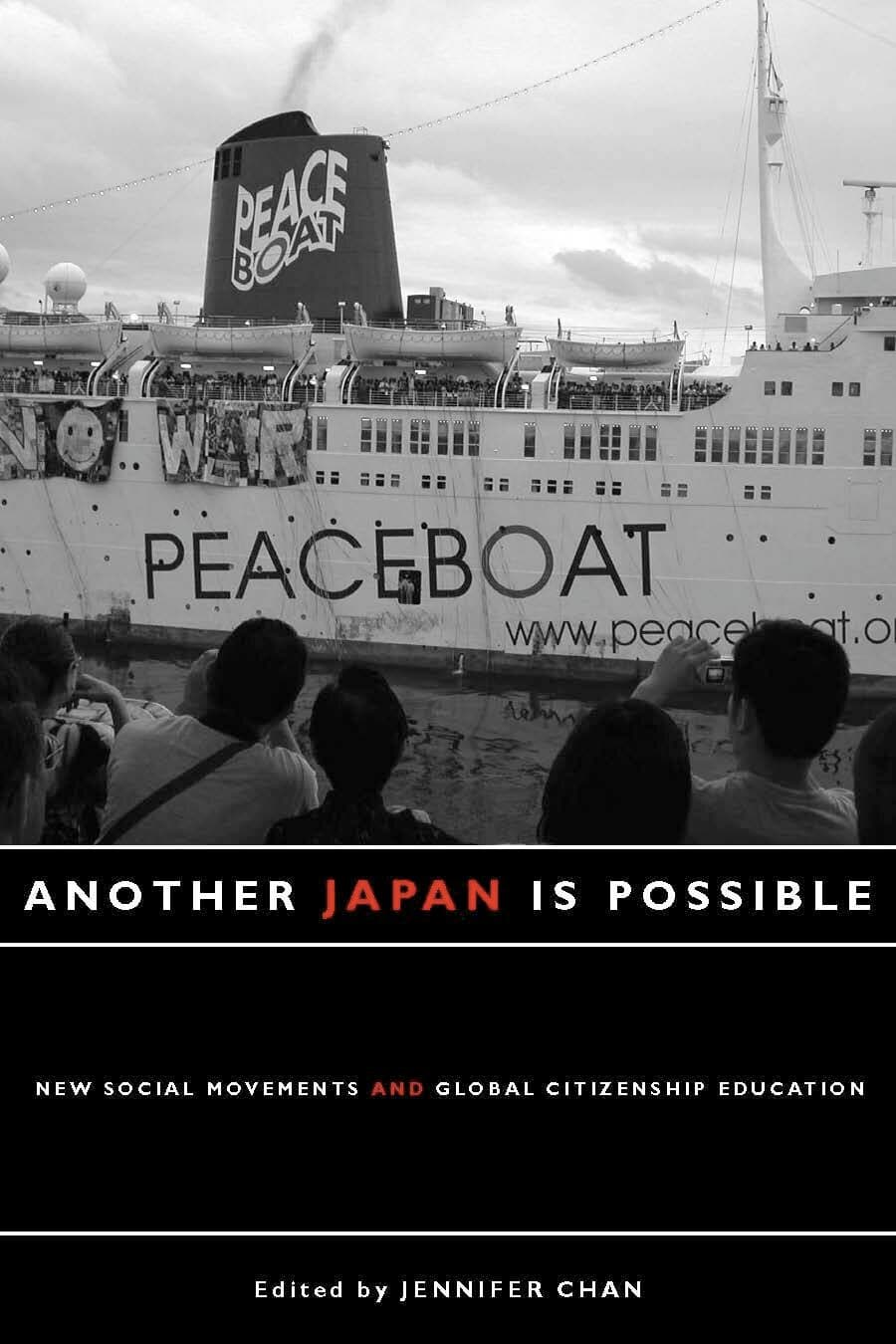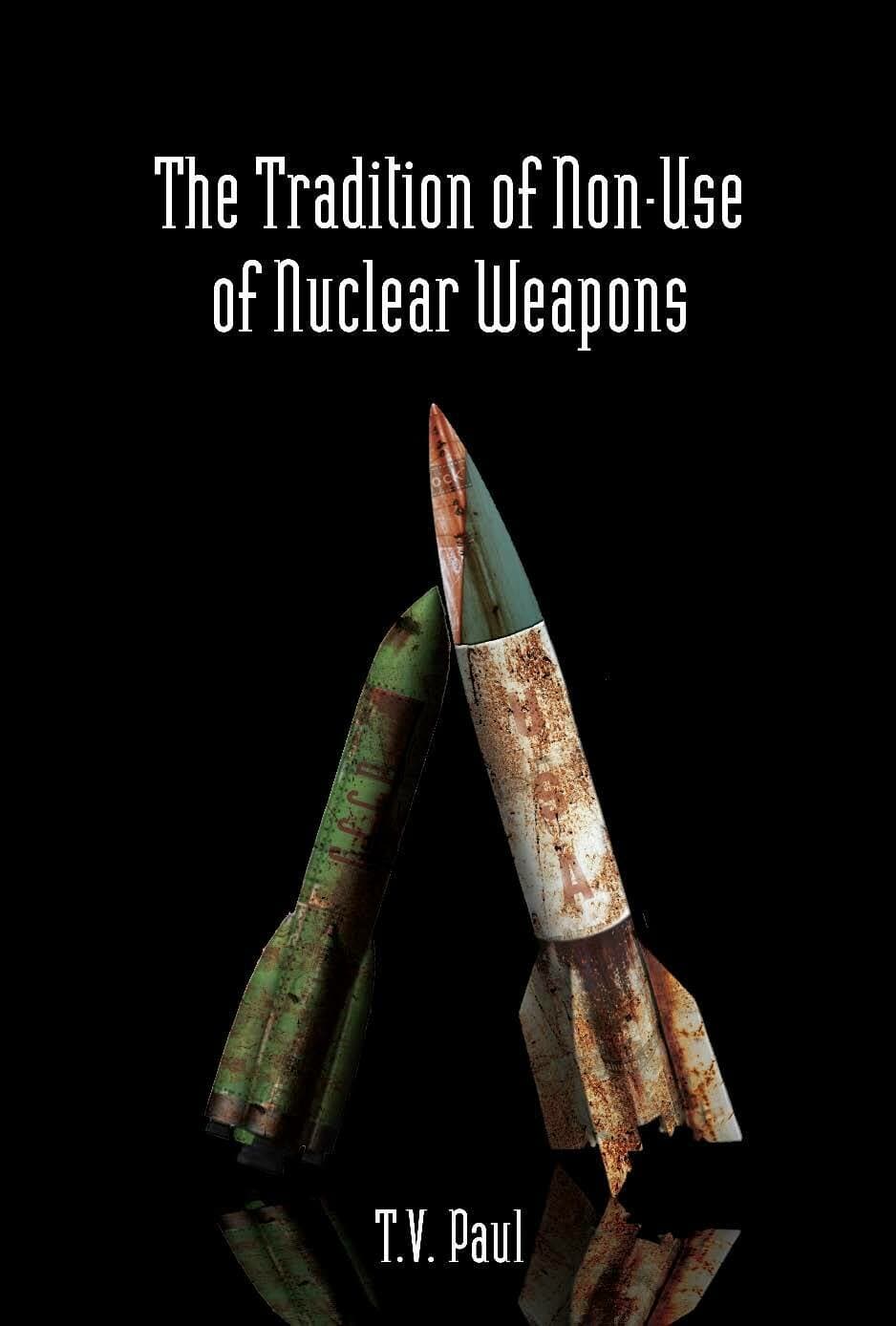Antinuclear Citizens

Following the Great East Japan Earthquake on March 11, 2011, tsunamis engulfed the Fukushima Daiichi nuclear power plant located on Japan's Pacific Coast, leading to the worst nuclear disaster the world has seen since the Chernobyl crisis of 1986. Prior to this disaster, Japan had the third largest commercial nuclear program in the world, surpassed only by those in the United States and France—nuclear power significantly contributed to Japan's economic prosperity, and nearly 30% of Japan's electricity was generated by reactors dotted across the archipelago, from northern Hokkaido to southern Kyushu.
This long period of institutional stasis was, however, punctuated by the crisis of March 11, which became a critical juncture for Japanese nuclear policymaking. As Akihiro Ogawa argues, the primary agent for this change is what he calls "antinuclear citizens"— a conscientious Japanese public who envision a sustainable life in a nuclear-free society. Drawing on over a decade of ethnographic research conducted across Japan—including antinuclear rallies, meetings with bureaucrats, and at renewable energy production sites—Ogawa presents an historical record of ordinary people's actions as they sought to survive and navigate a new reality post-Fukushima. Ultimately, Ogawa argues that effective sustainability efforts require collaborations that are grounded in civil society and challenge hegemonic ideology, efforts that reimagine societies and landscapes—especially those dominated by industrial capitalism—to help build a productive symbiosis between industry and sustainability.
"Describing himself as an 'action-oriented social anthropologist', Akihiro Ogawa draws on the experience of what he calls 'anti-nuclear citizens' to show how civil society organisations provide new and effective forms of accountability, innovation and public governance in post-Fukushima Japan. In doing so, he casts an interesting light not only on contemporary Japanese society but also on how anthropologists can interact with their subject matter that may shock some of those who believe that non-involvement is the only way for ethnographers to retain an objective lens."—Roger Goodman, University of Oxford
"Antinuclear Citizens wonderfully illuminates the struggles and successes of Japanese antinuclear activists in an analysis that is multifaceted and boundaryless."—Paul Rubinson, H-Environment
"[Ogawa] explicitly rejects being an objective observer of the antinuclear movement that is the subject of his book. In so doing, he sheds interesting light on contemporary Japanese society.... [T]his book provides a new way to view the contributions of civil society activists to government accountability and nuclear policy in Japan. Recommended."—M. D. Ericson, CHOICE
"Antinuclear Citizens is a significant addition to works already published on the Fukushima crisis. The book deserves a wide readership given its use of first-hand fieldwork and interviews. Educators will find it can be used effectively for peace studies teaching."—David Palmer, Journal of Peace Education
"[Antinuclear Citizens] undoubtedly makes a significant contribution to the study of post-Fukushima activism.... Ogawa's dedication to collecting and connecting the narratives of various types of anti-nuclear citizens is both impressive and inspiring."—Ayaka Löschke, Pacific Affairs




